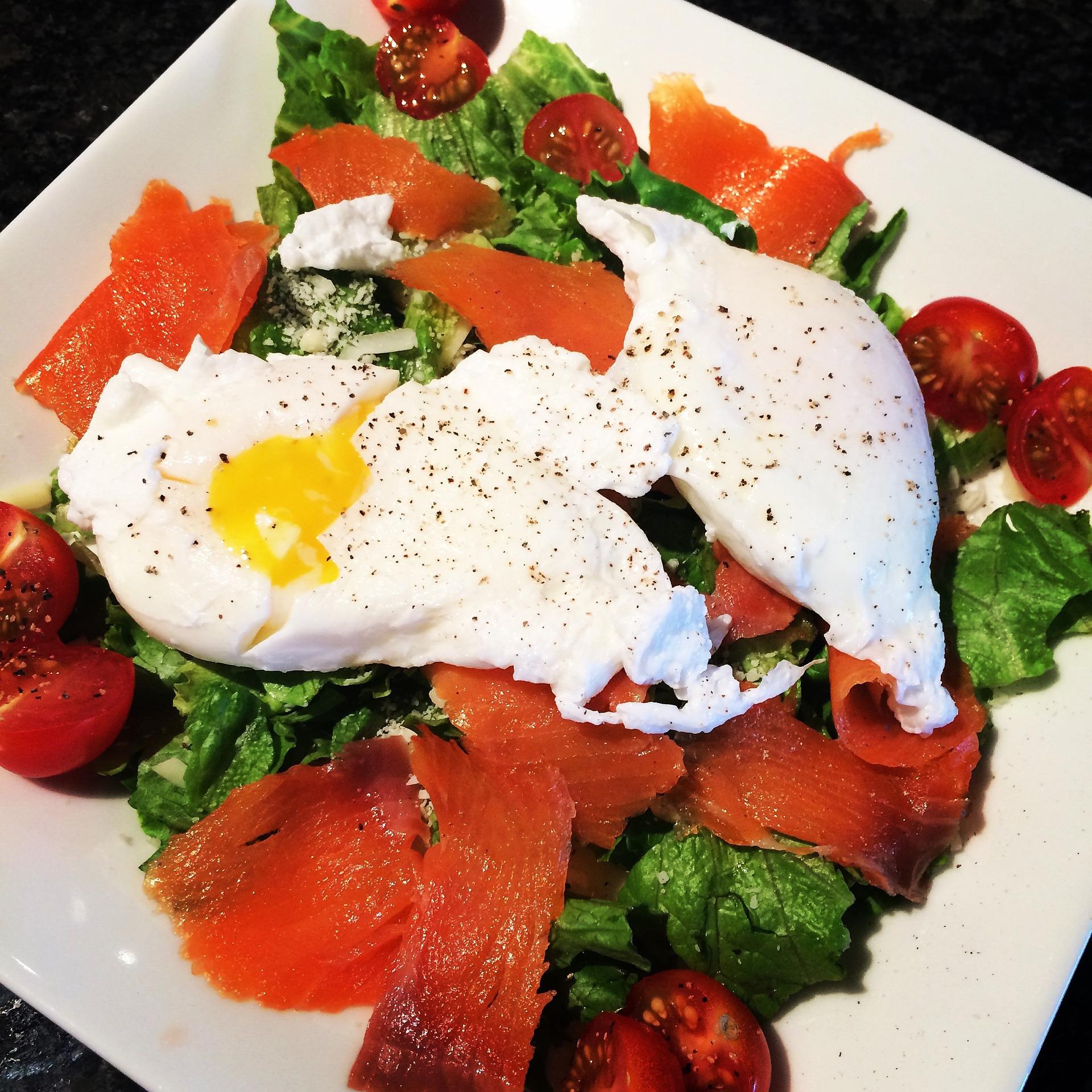
Periodontal disease, also known as gum disease, is an infection of the gums and other supporting structures of the teeth. It can lead to serious complications such as tooth loss if left untreated. Proper nutrition is essential for maintaining good oral health and preventing periodontitis. In reference to One Dental, eating a balanced diet rich in vitamins, minerals, and antioxidants can help reduce inflammation in the gums and improve overall gum health.
What Is The Right Food And Diet For People Suffering From Periodontal Disease
Periodontal disease is a condition that affects the gums and the surrounding structures of the teeth. It can be caused by a buildup of plaque, which can lead to inflammation and infection. A healthy diet can help to prevent and manage periodontal disease. Here are some dietary tips for people with periodontal disease:
- Eat a variety of fruits and vegetables: These foods are rich in vitamins and minerals that are essential for healthy gums and teeth. They also contain antioxidants that can help to reduce inflammation.
- Choose whole grains: Whole grains are a good source of fiber, which can help to reduce inflammation and improve digestion. Examples include brown rice, quinoa, and whole wheat bread.
- Eat lean protein: Protein is important for maintaining healthy gums and teeth. Choose lean protein sources such as fish, chicken, and tofu.
- Limit sugar and refined carbohydrates: Sugar and refined carbohydrates can contribute to the buildup of plaque and increase the risk of gum disease. Try to limit your intake of sugary foods and drinks, and choose whole grain carbohydrates instead.
- Drink plenty of water: Water is essential for healthy gums and teeth. It helps to wash away food particles and bacteria that can contribute to gum disease.
- Consider supplements: Some supplements, such as vitamin C and omega-3 fatty acids, may help to reduce inflammation and improve gum health. Talk to your doctor or a registered dietitian before taking any supplements.
Remember, a healthy diet is just one part of managing periodontal disease. It’s important to brush and floss regularly and to visit your dentist for regular cleanings and checkups.
Read also: Foods That Are Good For Your Gums
What Foods Should You Avoid To Manage Periodontal Disease?
To manage periodontal disease, it is important to avoid certain foods and drinks that can worsen the condition. Eating a balanced diet with the right nutrients is essential for managing periodontal disease.
Here are some foods to avoid if you have periodontal disease:
- Sugary Foods and Beverages: Sugary foods and drinks can promote the growth of harmful bacteria in your mouth. These bacteria can cause tooth decay and worsen periodontal disease. Avoid sugary snacks like candy, cookies, and cakes, and sugary drinks like soda and sports drinks.
- Sticky Foods: Sticky foods like caramel, toffee, and gummy candies can cling to your teeth and gums, promoting the growth of harmful bacteria. Avoid these types of foods if you have periodontal disease.
- Starchy Foods: Starchy foods like bread, chips, and crackers can get trapped in the crevices of your teeth and promote the growth of harmful bacteria. Choose whole-grain options instead.
- Acidic Foods and Drinks: Acidic foods and drinks like citrus fruits and juices, tomatoes, and vinegar can erode your tooth enamel and worsen periodontal disease. Limit your intake of acidic foods and drinks.
- Alcohol: Alcohol can dry out your mouth and promote the growth of harmful bacteria. It can also interfere with your immune system, making it harder for your body to fight off infections. Avoid or limit your intake of alcohol if you have periodontal disease.
The Best Food Choices To Improve Gum Health & Manage Periodontal Disease
Eating the right food is essential for maintaining good oral health and managing periodontal disease. While brushing and flossing are important, what you eat can also play a role in keeping your gums healthy. Certain foods can help reduce inflammation, reduce plaque buildup, and improve overall gum health. Here are some food choices that can help:
- High-fiber fruits and vegetables: Foods like apples, carrots, and celery require a lot of chewing, which can help stimulate saliva production and remove plaque from teeth and gums.
- Dairy products: Cheese, milk, and yogurt are high in calcium and protein, which can help strengthen teeth and bones. They also contain casein, which can neutralize acid in the mouth and reduce the risk of cavities.
- Green tea: This antioxidant-rich drink contains catechins, which have been shown to reduce inflammation and prevent the growth of bacteria that can cause gum disease.
- Omega-3 fatty acids: Found in fish like salmon and sardines, omega-3 fatty acids have anti-inflammatory properties that can help reduce gum inflammation and improve overall gum health.
- Vitamin C: This nutrient is essential for collagen production, which is important for maintaining healthy gums. Foods like oranges, strawberries, and kiwis are high in vitamin C.
- Nuts and seeds: Almonds, walnuts, and chia seeds are all high in nutrients like calcium, magnesium, and vitamin E, which can help improve gum health.
- Water: Staying hydrated is important for overall health, and it can also help wash away food particles and bacteria that can contribute to gum disease.
How Certain Nutrients Can Help Treat & Manage Periodontal Disease
Periodontal disease is a serious oral health condition that affects millions of people worldwide. This gum disease, if left untreated, can cause pain, inflammation, and tooth loss. Fortunately, there are many nutrients that can help treat and manage periodontal disease. These include Vitamin C, Vitamin D, Omega-3 fatty acids, and Calcium which all play an important role in maintaining healthy teeth and gums. By understanding how these nutrients can help treat and manage periodontal disease, you can make sure your teeth stay healthy for years to come.
